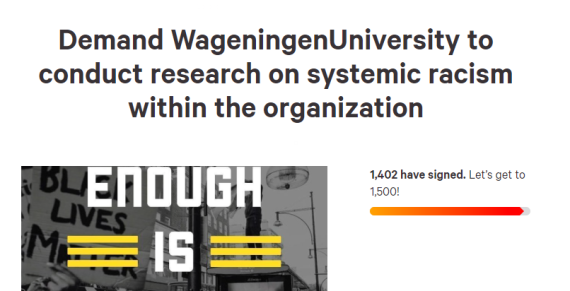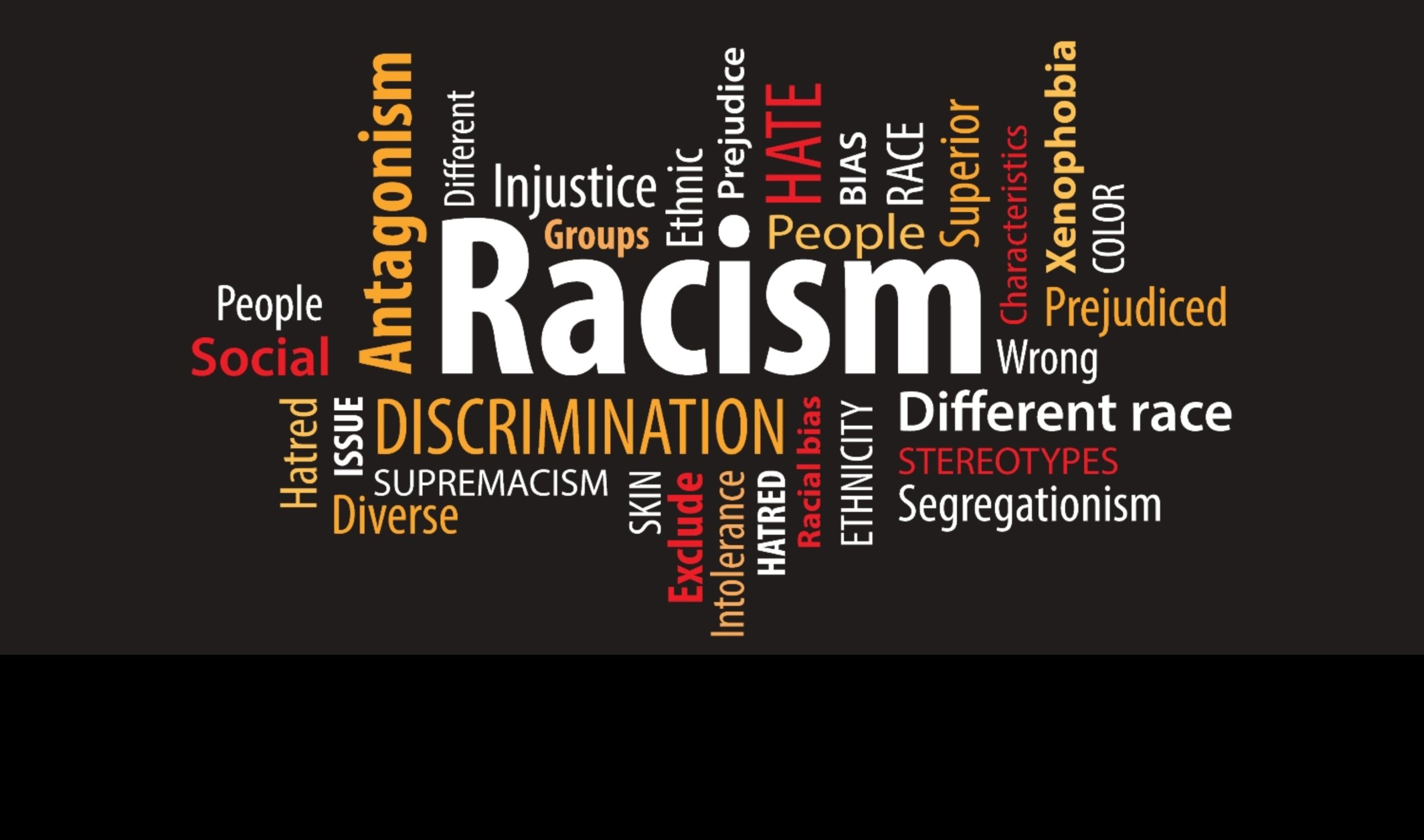The Executive Board wants a dialogue with employees and students on whether and how they experience exclusion and discrimination, and what can be done about it.
A petition calling on WUR to take a stand against racism and to investigate discrimination within the organisation and educational programme was signed over 1200 times in less than a week. This is cause for WUR-president Louise Freso to announce a dialogue on discrimination. Spokesperson Simon Vink: ‘We wish to talk to employees and students on how they experience exclusion and discrimination. And to see how we can deal with this issue, based on these discussions. One thing should be absolutely clear: there is no room for discrimination within WUR.’
The Executive Board wants a dialogue with representatives of different groups within WUR, Vink states. ‘Where and how do racism, exclusion and inappropriate behaviour occur within our organisation? How is this experienced? That is what we aim to discover.’ The dialogue is to be a broad, organisation-wide one, he says. ‘So that it may contribute to asserting what steps we can take to bring both incidental and systemic racism into the open, mitigate and prevent it.’
‘Never state the obvious’
While other organisations and companies reacted to George Floyd’s death by taking a stand in support of the Black Lives Matter movement, Wageningen remained silent. ‘Within our international, multicultural community, there is no room for exclusion in any way, shape or form’, Vink stresses. ‘Not based on ethnic origin, religion, culture, gender and so forth. However, never state the obvious applies. What is obvious need not be stated explicitly. After all, we also don’t issue a statement supporting constitutional law.’
Vink underlines that WUR is already doing a lot, although this may not always be visible. ‘We have counsellors, student deans, codes of integrity, codes of conduct, diversity days, the One World Week, a committee for inappropriate behaviour. However, the issue is currently not whether we are doing the right thing, but that there are apparently quite a few people who feel discriminated or excluded. The “serious discrimination” such as the abhorrent behaviour towards our Chinese students at the Bornsesteeg are obvious. Still, at the end of the day, it’s about creating a culture of inclusiveness. This is something we need to be able to address when we feel it is required.’

 Screenshot from the petition. Photo: Resource
Screenshot from the petition. Photo: Resource 

